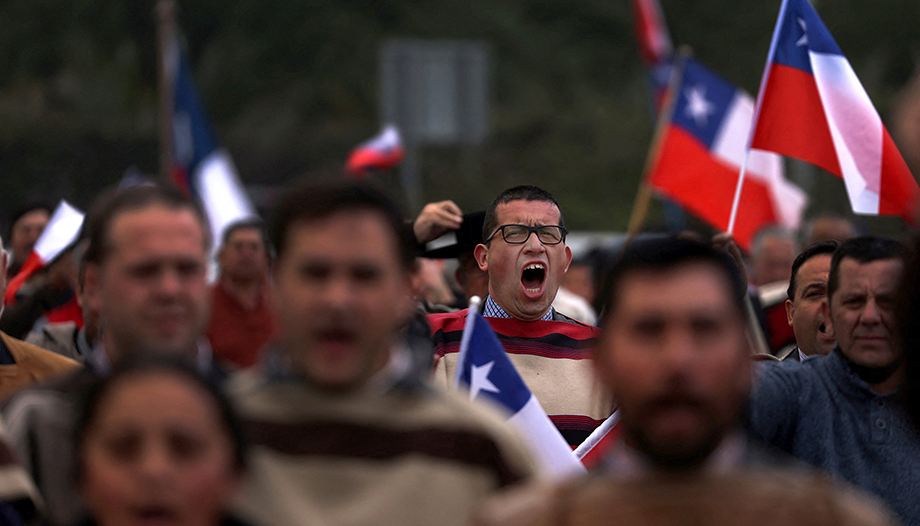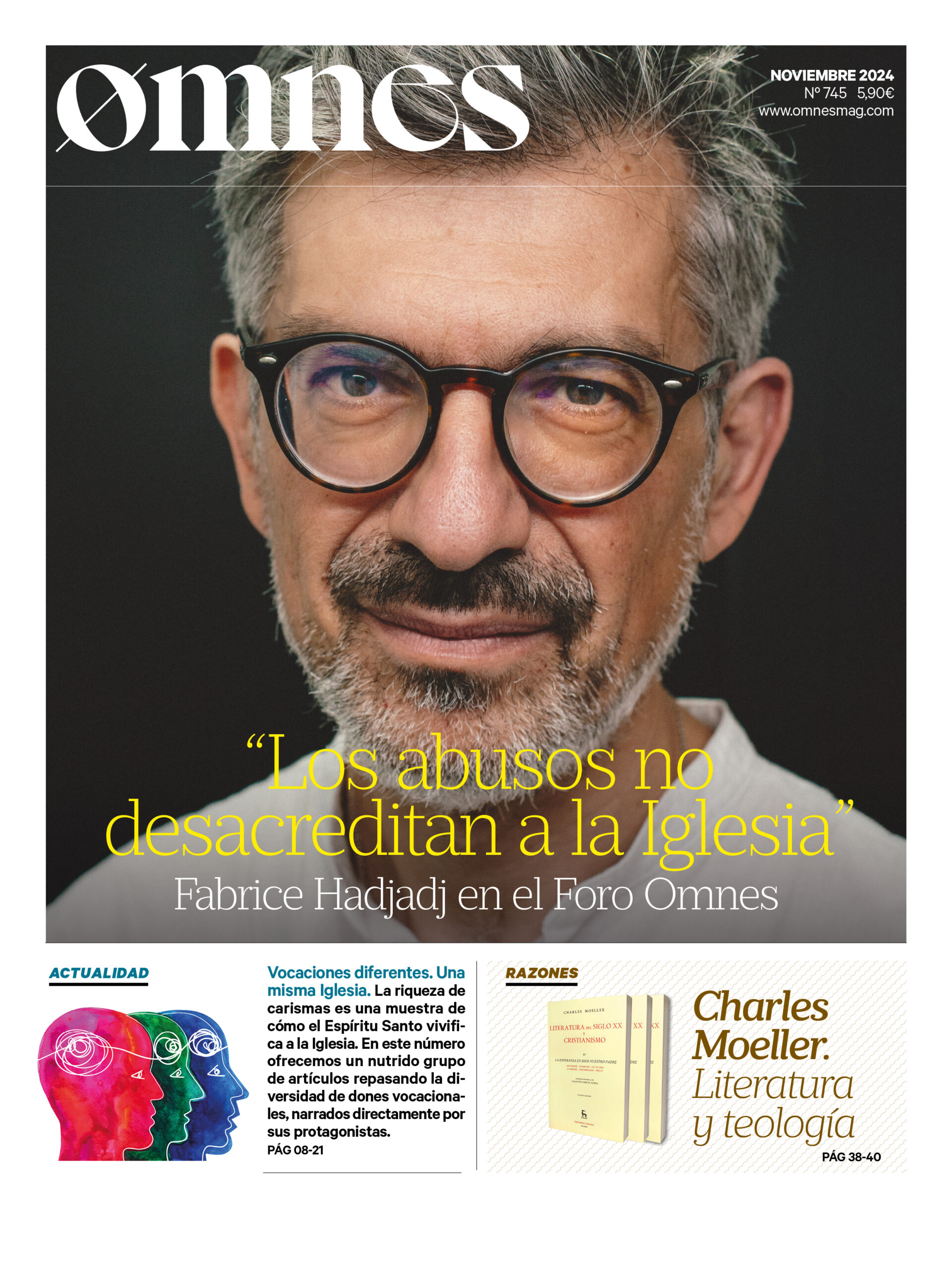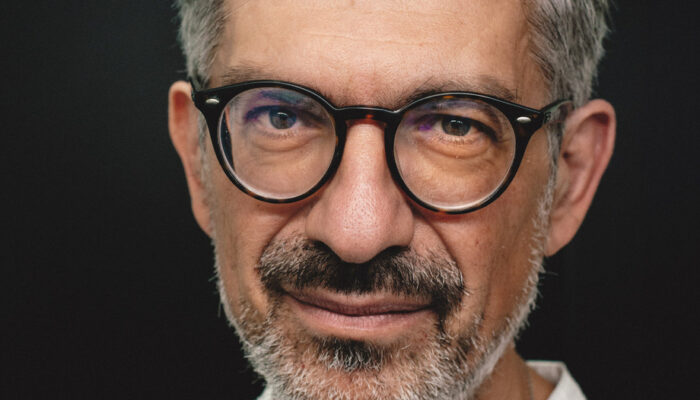Chile, October 2020: in a plebiscite, 78 % of Chileans voted for a new Constitution and chose to have it drafted by a Constituent Convention (50 % of the electoral roll voted). In July 2021, this Convention, formed by 155 members, elected by democratic vote, began to function. They concluded their work in July 2022. On September 4, the Plebiscite was held in which Chileans over 18 years of age were required to vote. If the majority of Chileans approved it, the Chilean Congress would enact it. On the other hand, if the majority rejected it, the current 1980 Constitution would remain in force.
On the same night of Sunday 4, the Electoral Service (autonomous entity of the State) informed that the draft Constitution was rejected by 61.9 % of the citizens, obtaining an approval of only 38.1 1 %. This overwhelming result was a great surprise.
Abortion in Chile's proposed constitution
In March of this year, the Episcopal Conference (CECH) warned that: "A Political Constitution with a norm about abortion The free will will not be felt and assumed as their own by many Chileans, among them many people who profess a religious faith, because respect for human life from conception is not something secondary or whose consideration is optional, but a fundamental value that we affirm supported by reason and faith. If this decision is not changed, the Constitutional Convention puts an insurmountable obstacle for many citizens to give their approval to the constitutional text that is being elaborated".
In July the proposal for a new Constitution was submitted to the country. Again the CECH, with the signature of all the bishops, expressed that "A great part of the proposals on how to organize the 'common house' fall within what is open to opinion, before which a plurality of options is legitimate. (...) But, we make a negative evaluation of the norms that allow the interruption of pregnancy, those that leave open the possibility of euthanasia, those that disfigure the understanding of the family, those that restrict the freedom of parents on the education of their children, and those that pose some limitations on the right to education and religious freedom. We consider particularly serious the introduction of abortion, which the proposed constitutional text calls "the right to voluntary interruption of pregnancy".
Euthanasia
The Chilean bishops strongly criticized that "the article establishes that the State guarantees the exercise of this right, free from interference by third parties, whether individuals or institutions, which not only excludes the participation of the father in this decision, but also the exercise of personal and institutional conscientious objection (...) It is striking that the constitutional proposal recognizes the rights of nature and expresses concern for animals as sentient beings, but does not recognize any dignity or any right to a human being in the womb".
They went on to say that "the constitutional norm that assures every person the right to a dignified death is a cause for concern. Under this concept, euthanasia is introduced in our culture, which is an action or omission with the purpose of directly causing death, and thus eliminating pain.
Regarding the family, they pointed out that the text "broadens the concept of family by speaking of "families in their diverse forms, expressions and ways of life, without restricting them to exclusively filial and consanguineous ties".
Education
Regarding education, they pointed out that the proposal "is not entirely clear in expressing a preferential and direct right of parents to educate their children (...) Also of concern, in this field, is the strong presence of gender ideology in the text, as it gives the impression that it seeks to impose itself as a single thought in the culture and the educational system, which damages the principle of freedom of education of parents with respect to their children. (...) Furthermore, there is a manifest silence in the draft constitutional text with respect to subsidized private education, which also has an obvious public function.
If more than 55% of Chilean students study in the subsidized private system, with a very high percentage of vulnerable students, why is not the constitutional right to those other private initiative proposals, subsidized with public funds of Education, under the supervision of the State, to guarantee the freedom of education? (...), it does not expressly establish the right of parents to create and support educational establishments of different types, nor the obligation to provide the relevant economic resources".
Religious freedom
On religious freedom they said that this proposal "does not recognize some essential elements, such as the internal autonomy of the confessions, the recognition of their own rules and the ability of these to enter into agreements that ensure their full freedom in the care of members of the same, especially in situations of vulnerability (hospitals, places of serving sentences, children's homes, etc.). Finally, it seems to us that the system established to give legal recognition to the confessions, leaves in the hands of administrative bodies their existence or suppression, which may endanger the full exercise of religious freedom."
Chileans have said, with an overwhelming majority, that they do not want a Constitution that drastically breaks with the political, cultural and value tradition of the country. Surely the political parties represented in Congress will agree on how to make changes to the current Constitution, or what mechanism would be established to propose a new text.








